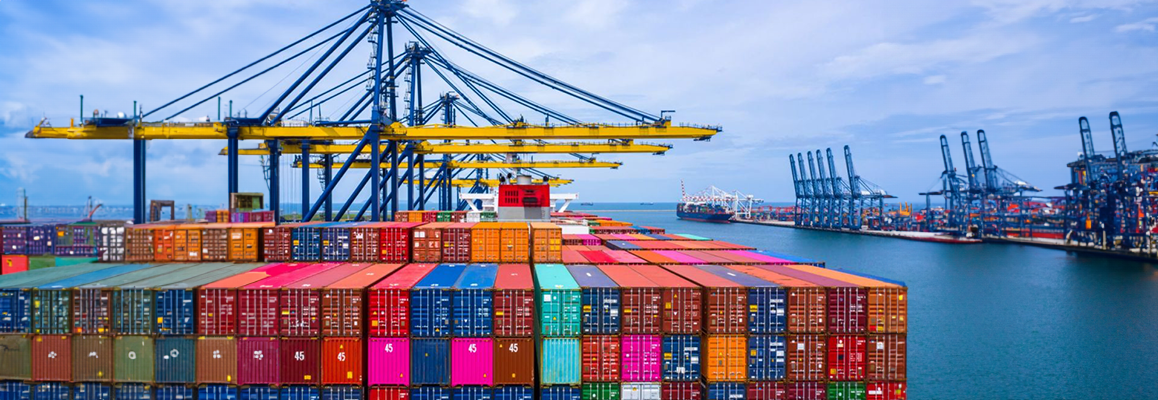Call us now!
Call us now!
Shipping containers have become increasingly popular in recent years due to their versatility, durability, and affordability. They can be used for a variety of purposes, including storage, shipping, and even as homes or offices. But just how long can you expect a shipping container to last, and what can you do to extend its lifespan? In this article, we will explore the lifespan of a shipping container and provide tips for proper maintenance to ensure that your container lasts as long as possible.
The lifespan of a shipping container can vary depending on several factors, including its design, materials, and the environment in which it is stored. On average, a well-maintained shipping container can last anywhere from 15 to 20 years, or even longer with proper care. Shipping containers are made from cor-ten steel, which is known for its durability and resistance to rust and corrosion. However, without proper maintenance, rust, and corrosion can quickly deteriorate the condition of your container, reducing its lifespan.
One of the key factors in extending the lifespan of a shipping container is proper maintenance. Here are some tips to help you keep your container in good condition:

Aside from proper maintenance, there are also other factors that can affect the lifespan of a shipping container. For example, the frequency of use and the type of use can also play a role. If you are using your container frequently for shipping or transportation, it will likely experience more wear and tear than a container used for storage. Similarly, if you are using your container for storage in harsh weather conditions, it will also be subject to more wear and tear and may not last as long as a container stored in a more temperate climate.
In addition, the quality of the container itself can also impact its lifespan. Shipping containers are not created equal, and some are made with higher-quality materials and construction methods than others. When shopping for a shipping container, it is important to choose a reputable provider that offers containers made from high-quality materials and construction methods to ensure that your container lasts as long as possible.
When it comes to shipping container sales and rentals, it is also important to consider the cost of maintenance and repairs over the lifespan of the container. A cheaper container may seem like a better deal at first, but if it requires frequent repairs or maintenance, it may end up costing you more in the long run. By investing in a high-quality container, you can save money on maintenance and repairs and ensure that your container lasts as long as possible.
Finally, it is also important to consider the resale value of your container. Shipping containers have become a popular investment, and many people choose to buy containers for sale and rent them out for additional income. A well-maintained container that has a long lifespan can be a valuable asset and provide a good return on investment.
In conclusion, the lifespan of a shipping container can vary greatly depending on a number of factors, including maintenance, frequency of use, quality of the container, and the environment in which it is stored. By following proper maintenance practices, choosing a high-quality container, and investing in a reputable provider, you can extend the lifespan of your container and ensure that it lasts as long as possible. Whether you are considering shipping container sales or rentals, taking the time to consider these factors can help you make an informed decision and ensure a positive return on investment.
Stay Updated and get our latest news, offers right in to your inbox.